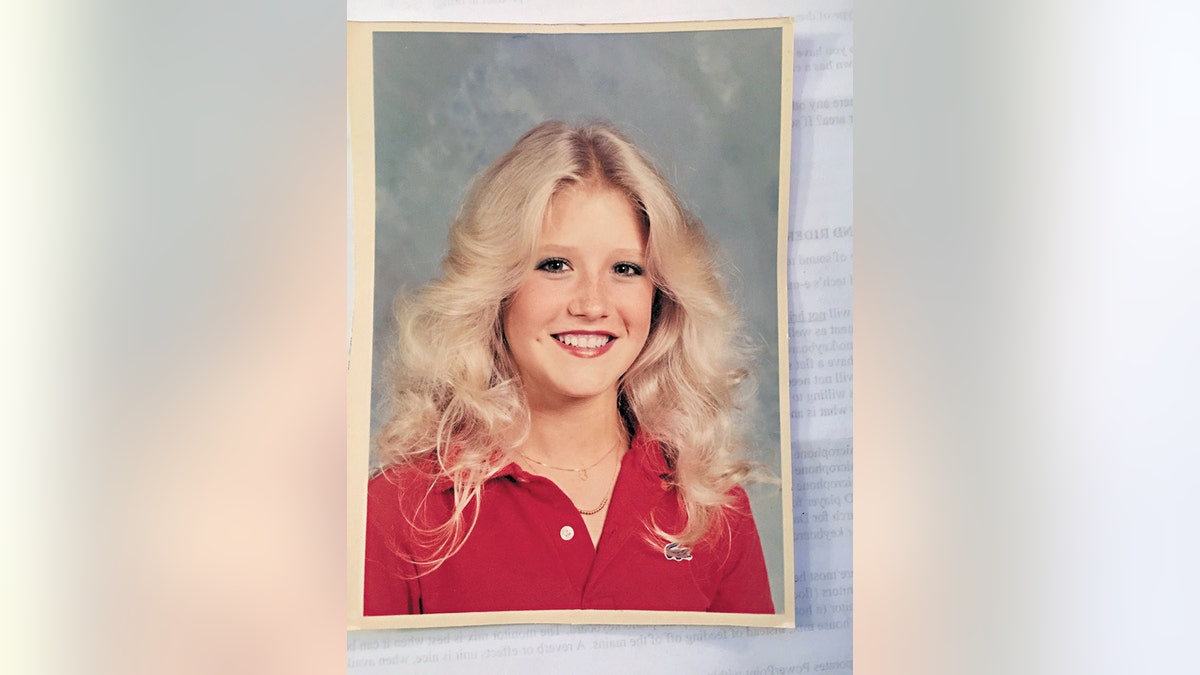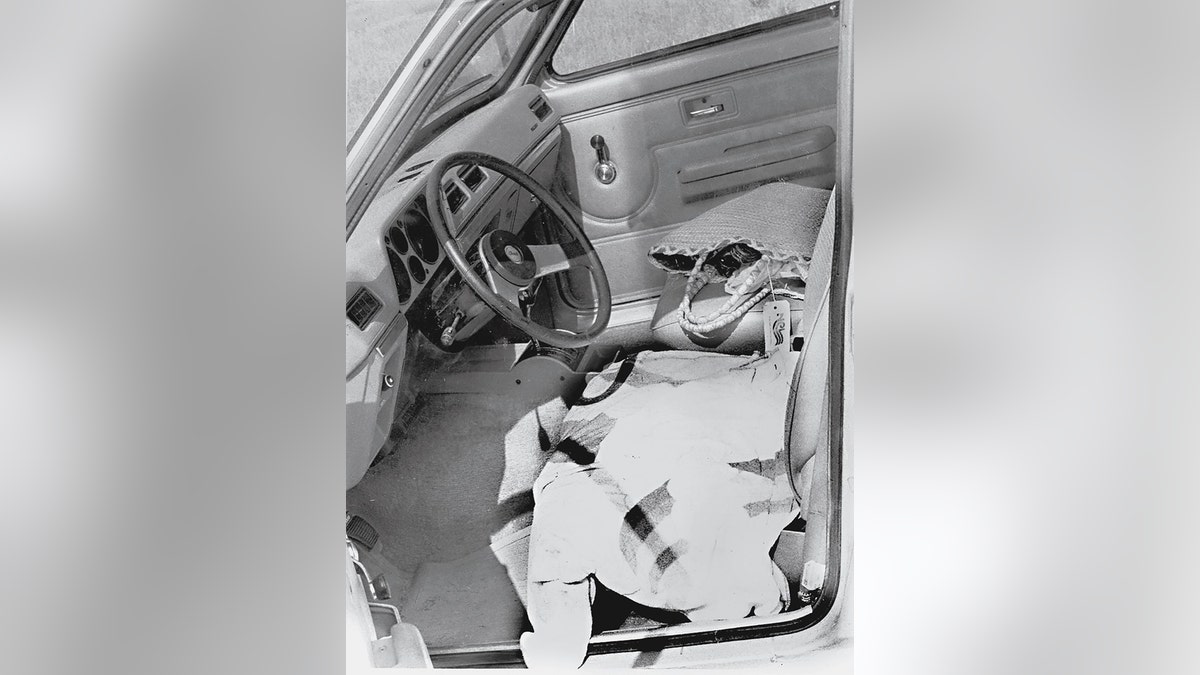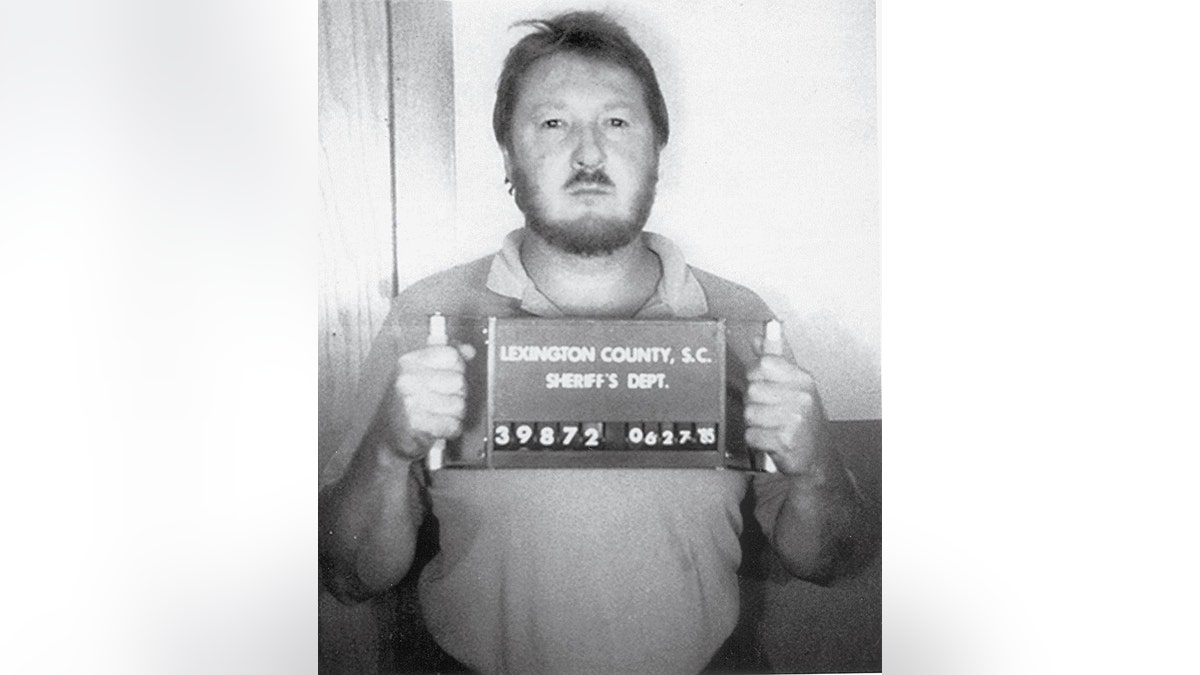Fox News Flash top entertainment headlines February 23
Fox News Flash top entertainment and celebrity headlines are here. Check out what clicked this week in entertainment.
John Douglas can recall the moment he sat down face to face with one of the most sadistic killers he’s ever encountered.
Larry Gene Bell, an electrician’s assistant, was caught by police after they connected him to an imprint of a phone number found on a will he forced 17-year-old Shari Faye Smith write to her family before she was killed.
"I remembered I asked him when he started feeling bad about this case," Douglas, a retired FBI profiler, told Fox News Digital. "He then said to me, ‘All I know is that the good Larry Gene Bell couldn’t have done this, but the bad Larry Gene Bell could have.’ For him, it was all about being in control."

Retired FBI profiler John Douglas, seen here in 1996, has written another book based on his decades-long career studying serial killers. (Alexander James Towle/Fairfax Media via Getty Images)
Douglas, whose work profiling serial killers inspired Netflix’s true-crime drama "Mindhunter," recently co-wrote a new book focusing on Bell, "When a Killer Calls: A Haunting Story of Murder, Criminal Profiling, and Justice in a Small Town." The 76-year-old, along with Emmy Award-winning documentary filmmaker Mark Olshaker, explored what prompted the Alabama native to commit such heinous crimes and how he was captured.
REAL ‘MINDHUNTER’ JOHN DOUGLAS EXPLAINS WHY WHITE SUPREMACIST SERIAL KILLER WAS ‘A DIFFERENT ANIMAL’
Bell’s case previously inspired the 1991 CBS movie "Nightmare in Columbia County."
"We were dealing with a sadist and not all serial killers are sadists," Douglas explained. "He wasn’t just satisfied killing a victim. He wanted to be in full control. It frustrated him when he wasn’t. Committing a horrific crime wasn’t enough for him. He wanted to manipulate the families of his victims."

John Douglas inspired the true-crime scripted series on Netflix, "Mindhunter." (Netflix)
In 1985, Smith stopped at Smith's mailbox, which was located at the end of her family's driveway in South Carolina. Her father later noticed that her car was still parked by the mailbox with the driver’s door open as the engine was running. It was unusual for Smith to suddenly disappear, especially when she wouldn’t have wandered far without her medicine for diabetes. Her high school graduation was also in two days. Her purse and its belongings were still in the car.
The undersheriff of Lexington County, South Carolina, reached out to the FBI asking for help, A&E reported. Someone had abducted Smith at gunpoint and kept calling her family, taunting them about her fate. Bell later told the Smiths that they would receive a letter from their daughter, which was titled "Last Will and Testament."
CLICK HERE TO SIGN UP FOR THE ENTERTAINMENT NEWSLETTER
According to local reports, Smith wrote about her faith and requested a closed casket at her funeral. Two weeks later, the criminal called the family. This time, he directed them to the location of Smith’s remains. At one point, Bell even declared, "Shari is now part of me. Physically, mentally, emotionally, spiritually, our souls are now one."

Shari Smith was murdered in 1985. She was 17. (Courtesy of Dawn Smith Jordan)
That same year, Debra May Helmick was also kidnapped outside her home in a neighboring county. According to local reports, the 9-year-old was playing with her siblings at the time. As with Smith, calls were made to Helmick’s family. Both victims were suffocated with tape.
Douglas developed a profile that helped identify Bell as the killer responsible for both crimes. He believed the abductor would be a young, overweight white man in his late 20s or early 30s, either unmarried or divorced, with an above-average intellect. Since the criminal's voice sounded altered in the recording, it was likely he had a knowledge of electrical systems. He suspected the man in question had previously committed sexually motivated crimes or made threats of a sexual nature.
"It was hard to do this early on," Douglas admitted. "You’re coming up with a theory based on your research and experience. You could completely take the investigation in the wrong direction. And some agents and profilers are afraid of failure. I worried about that too. But I was always honest with everything I found. And if I didn’t know something, I told the cops that I didn’t know. But there’s a science to it. And any murder mystery is not only going to affect families but police, too. So at the end of the day, the bad guy will get caught."
CLICK HERE TO GET THE FOX NEWS APP

Shari Smith's car at the time of the abduction. (Lexington County Sheriff's Department)
Douglas noted that the case stunned him, which only further motivated him to help track Bell down.
"I’ve never had a case like this before where the offender doesn’t make it clear what he wants," Douglas explained. "Does he want ransom? Is it sexually motivated? He doesn’t just want to commit this crime, but he also wants to toy with the victim’s families, give them false hope that their child is still alive. The truth is, Shari was probably killed about 12 hours after her abduction. She knew she was going to die. He made her write this testament as a way to also taunt her. But that letter also helped us with our timeline when investigating this case."

Larry Gene Bell was convicted of killing 17-year-old Shari Faye Smith and 9-year-old Debra Helmick about two weeks apart. (Courtesy of Lexington County Sheriff's Department)
"Based on the way he spoke on the phone from the recordings we gathered, we could tell there was a real obsessive-compulsive type of personality," Douglas continued. "He was following a script where he would try to throw the family off and keep them on the phone a little longer. No one ever starts with a crime like this. But what he failed to realize is that the more we can get someone to communicate, the more we can analyze and refine our profile. He wants us to believe he’s smarter than all of us in the room. And also, we were analyzing the last will and testament."

Shari Smith's last will and testament. (South Carolina Law Enforcement Division)
Douglas said FBI scientists scrutinized the letter using an electrostatic device to identify the indentations left on the paper from previous writing. From there, law enforcement found the indent of an incomplete phone number. After they completed the digits, the number led police to a house where South Carolina couple Ellis and Sharon Sheppard lived. The home was located about 15 miles from the Smiths. The couple immediately identified the voice belonging to Bell, who was house-sitting while they were away on vacation.
The couple also noted that following Smith’s kidnapping, Bell appeared nervous. He lost weight and had not shaven, which led Douglas to suspect he was unraveling.
Bell was suspected of killing Sandee Elaine Cornett, a 26-year-old from Charlotte, North Carolina. He denied abducting and killing her but teased investigators with descriptions of where Cornett’s body was buried, even drawing a map. Police never found her.

Debra Helmick was murdered in 1985. She was nine years old. (Courtesy of Debra Helmick Johnson)
Bell’s lawyers argued in appeals that he was too mentally ill to be executed. However, a circuit court judge ruled that Bell was competent. Mental health experts and Bell’s lawyers had said he was schizophrenic, believed he was Jesus and wanted to die in the electric chair because he saw it as a direct path to heaven and God’s throne. Prosecutors said it was all an act. The jury deliberated for just 47 minutes.
Bell was executed by electric chair in 1996. The 47-year-old made no final statement, but he had said that his execution would deliver him to heaven. Douglas said that the insanity act was another form of control for Bell.

John Douglas said there's no "closure" when it comes to losing a loved one. (Courtesy of Lexington County Sheriff's Department)
"This case will never bring closure to the family," said Douglas. "I think we use that term too often. But I hope this case will teach others to be aware of their surroundings. Something like this can happen in broad daylight – and it did. We found the offender, but it doesn’t take away the fact that this was a horrible tragedy that still hurts."
The Associated Press contributed to this report.















































